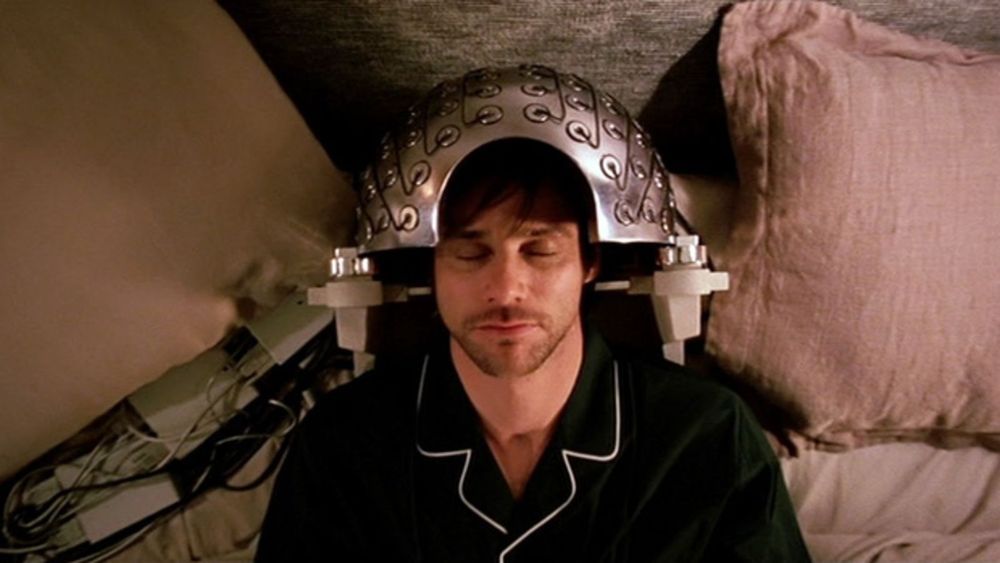I’m excited to share my new Op-Ed for The New York Times on the pro-life versus pro-choice debate of the artificial womb. Could this change the abortion divide forever? Conservatives may need to step up and embrace ectogenesis. Liberals should let them. The transhumanism tech will be here in a few years.
The technology would allow fetuses to develop outside the female womb so women would no longer have be pregnant.









